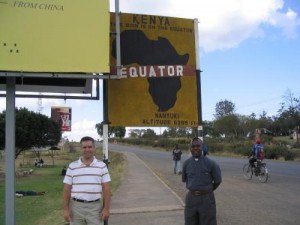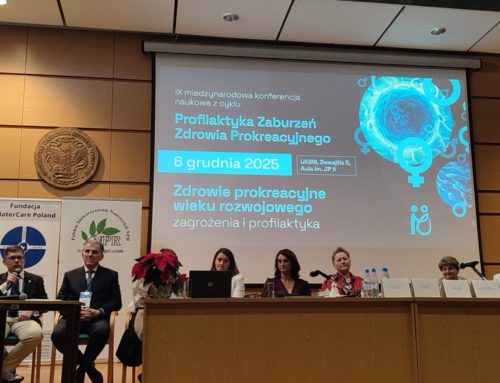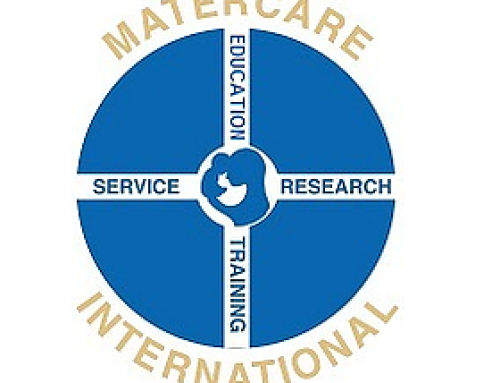PRESS RELEASE
IN RESPONSE TO THE GROWING LEVEL OF VIOLENCE AND NEGLECT AGAINST WOMEN AND CHILDREN DURING TIMES OF CONFLICT
Women and their children, both born and unborn, are increasingly becoming the targeted victims of war. The sheer size of the issue can be daunting for any government to tackle, as there are two distinct ways in which women and children are victimized by conflict. The first of these is that maternal health is neglected in refugee and conflict situations, as we have seen exemplified in Lebanon, Somalia, South Sudan, the Central African Republic, and many others. The second it that pregnant women, as we are seeing in the cases of Syria and the Democratic Republic of Congo, are increasingly becoming the targets of war related crime. There must be an innovative, proactive, and courageous response to the maternal health crisis.
Maternal health is simply not being addressed in refugee situations and is seemingly a non-issue with governments in the midst of war. We can see that the priority for health care systems and response teams are those needing immediate surgery from war-related injuries, but pregnancy and labor are inevitable everyday occurrences that also require immediate and life-saving care. Women find themselves in terrifying situations, pregnant and without access to pre and post natal care, without the services to deliver in a clean and safe environment with professionals and midwives, and without the lifesaving staff and tools necessary during an emergency labor.
It is a growing trend to hear stories of pregnant women and children being abused or killed by snipers, militias and soldiers. While these stories make the occasional headline, they go largely unreported, unnoticed, and are not responded to in a proactive fashion. In Syria, pregnant women have become walking targets for snipers practicing their aim. In the Democratic Republic of Congo, women have long been a target of militia groups and soldiers, and the trend of raping, mutilating and abusing women and children remains unchanged after decades of known reports.
It can be overwhelming to contemplate the resolution of the maternal health crisis, but there must be an innovative, proactive, and courageous response. We, if we are truly a society that places any value on our women and children, cannot accept a failure to respond.
On January 13, the Pontifical Academy for Sciences held a workshop in the Vatican on the civil war in Syria. The conference presenters and attendees made an appeal to end violence, and many raised concerns regarding the care of refugees in that area. We would like to add to that appeal an immediate response to the maternal health crisis which daily claims the lives of women and children in these regions.
Despite the fact that some may think developing a sort of emergency fund for mothers is unrealistic, mothers and their children everywhere have every right, a right based on life and hope, to have the care they so desperately need. Contributions to the cost of this care could come from developing countries themselves, Catholic foundations, mission agencies, fraternal service organisations; and individual donors from around the world. To set up such a plan would require unprecedented cooperation between Catholic-inspired NGOs, but responding to the dire crisis in maternal health care actually provides the Church with a golden opportunity to show that it still truly cares in practice and that the Church is still relevant to the needs of poor mothers, and that, indeed, it will continue to provide the same excellent, caring service that it has always provided, most especially during times of war when women and children become the least of us and targets for violence and attack.
-Dr. Robert Walley, Executive Director of MaterCare International,
MaterCare International is an organization of Catholic health professionals dedicated to the care of mothers and babies, both born and unborn, through new initiatives of service, training, research and education. Member of FIAMC:
Email: info@matercare.org







